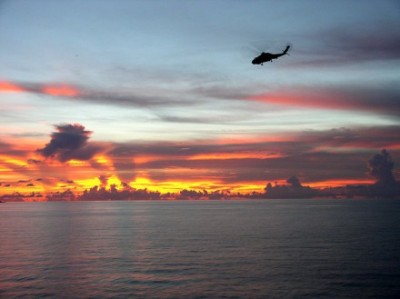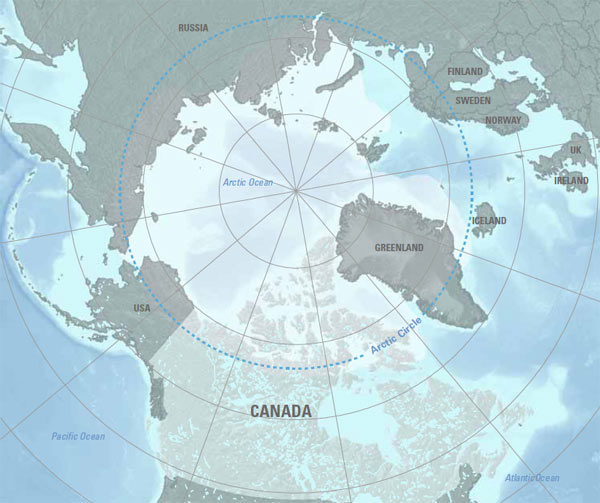It’s been a busy week for the South China Sea (SCS). For those of you keeping score at home, these are some of the news stories we’ve been following:
[captionpix align=”left” theme=”elegant” width=”320″ imgsrc=” http://win2vin.files.wordpress.com/2012/07/south-china-dispute.png?w=450″ captiontext=”South China Sea claims (Map: The Economist).”]
1. Post-ASEAN fall-out: After ASEAN failed last week to release a joint communiqué for the first time in 45 years. Cambodia is looking to some in the region like a Chinese proxy playing the role of spoiler. Indonesia managed to salvage a version of the “code of conduct” for the South China Sea, a 6-point declaration to essentially work peacefully to implement existing maritime law and guidelines and avoid military confrontations: making progress by reaffirming the status quo.
2. Beijing announces troop build-up in Paracels: On Monday, China said it would send troops to guard its newly incorporated city of Sansha. The most likely location is the largest island, Woody Island/Yongxing. Fun fact – according to Chinese reports the city, home to 1,000 across various islands, already has a karaoke parlor up and running. Preparations for hosting the troops may take longer – the announcement and move is more symbolic than practical at this time.
3. The Philippines and Vietnam Protest China’s moves: Manila summoned the Chinese ambassador to complain about the new garrison, while President Benigno Aquino took to the airwaves and decried Chinese provocations in an address to the nation. Meanwhile, Hanoi filed an official diplomatic complaint about the build-up in the Paracels, which it too claims. Both the Philippines and Vietnam however reiterated their desire for a diplomatic solution and stated they would not seek military confrontation.
4. The International Crisis Group releases report on the SCS: Said the report: “The failure to reduce the risks of conflict, combined with the internal economic and political factors that are pushing claimants toward more assertive behaviour, shows that trends in the South China Sea are moving in the wrong direction.” Interestingly, the report also believes the Philippines made the wrong move in the recent Scarborough Shoal stand-off with China by sending in a naval vessel, thereby giving the Chinese an excuse to escalate tensions and play up nationalism to their domestic audience. The report also states that the US might not be obligated to assist the Philippines in the event of an attack in the South China Sea under the terms of the 1951 Mutual Defense Treaty, as the US has yet to make a formal statement whether the Spratleys and other disputed maritime areas are covered under the treaty’s terms.
5. Taiwan to ship armament to the Spratleys: Taiwan has confirmed it will send a mix of mortars and artillery to Taiping, the largest of the islands and host to a 130-strong Taiwanese force, in August. Fun fact – the total land mass of the 100 Spratley “islands” is less than 2 square miles.
6. The Philippines ratifies a long-languishing Status of Forces Agreement (SOFA) with Australia. ”Although the agreement is not a defense pact, its symbolism cannot be lost on China,” President Benigno Arroyo said after the vote. The pact, however, has more to do with pursuing terrorists in the country’s Muslim South – primarily the island of Mindanao.
No one of these stories points to a looming conflict, but taken together they provide context for what has been the increasing trend of looking towards military power for lack of a diplomatic progress.
LT Scott Cheney-Peters is a surface warfare officer in the U.S. Navy Reserve and the former editor of Surface Warfare magazine. He is the founding director of the Center for International Maritime Security and holds a master’s degree in National Security and Strategic Studies from the U.S. Naval War College.




